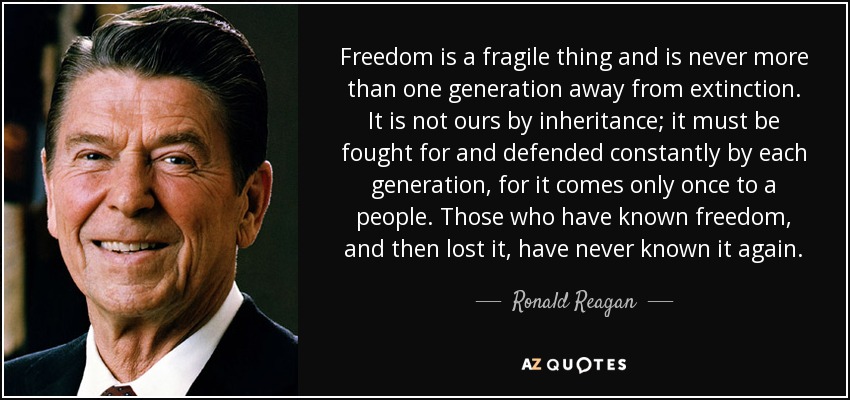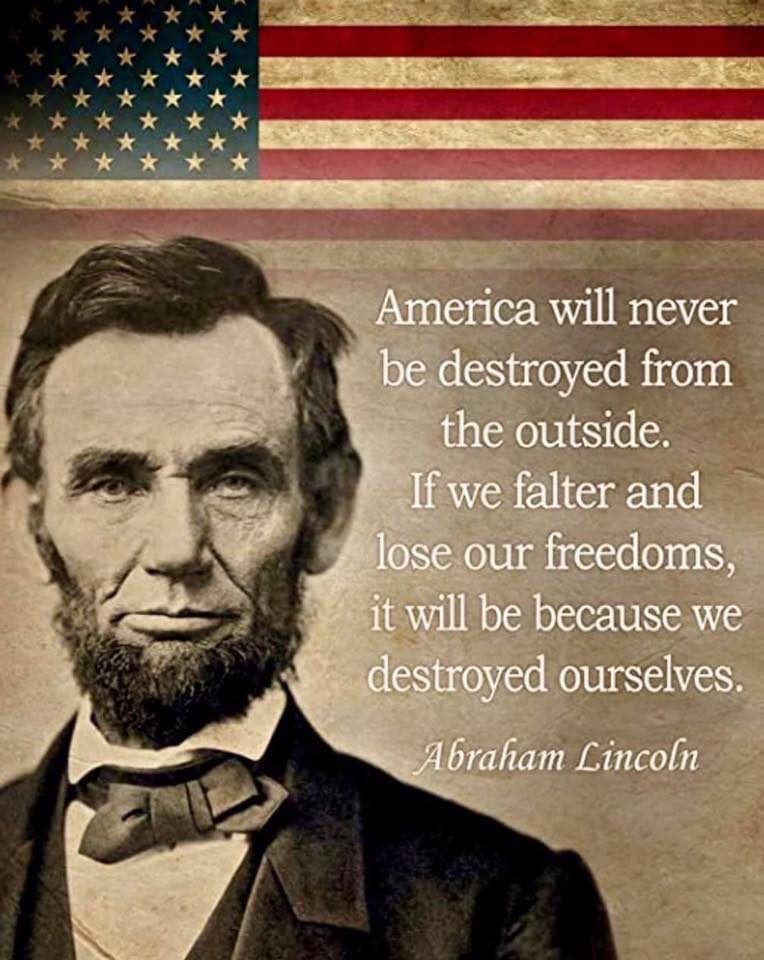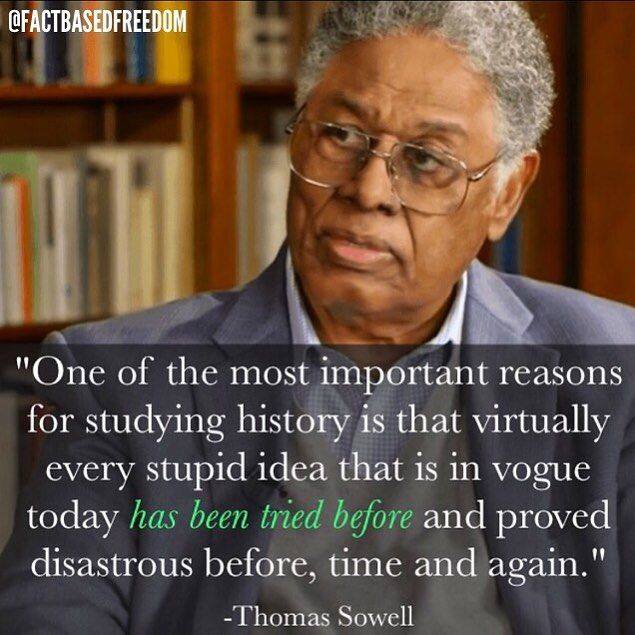I have observed through this year of Pandemic vastly different, even almost opposing, reactions and approaches to it. These have been so different that one might think we aren’t all dealing with the same thing. I read an article that examined these differences in terms of risk-aversion. As I read that article a thought came to me – If our forefathers had been as risk-averse as many of our citizens and leaders are today, we would have no United States of America.
A Risky Founding
The United States of America was formed at great risk. Let’s start at the beginning. How risky was it for people to take their families on board small ships and sail across a vast ocean? Unpredictable storms brought the risk of the ship sinking and all being lost. There were individual dangers too, mostly from illnesses that spread easily among close quarters. Stepping onto a ship in those days was very risky.
Surviving those risks of sea travel, these colonists set out to make homes in a totally foreign place. They had to find and grow food in unfamiliar settings to stave off the risk of starvation. There were risks from wild animals, unknown and unpredictable Natives, unfamiliar climates, and diseases. The fact that roughly half of the Mayflower passengers didn’t survive the first year here illustrates the severity of those risks. The risks didn’t diminish much as this new land became more settled, especially when settlers continually moved from established settlements to start new ones in the frontier.
The risk-adverse would have stayed in their known and predictable homes in Europe. They may have felt some security in the familiarity, but they were still subject to the many risks of life in that day.
After years of some prosperity here and possibly some risk-management as they learned and adapted, there came the issue of independence. The risk-averse would have not been willing to rock the boat. They would have accepted restrictions and oppression for the security of the Crown and remained second-class subjects. Some did. Even those risk-averse Loyalists became subject to the risk that they could come out on the losing side of the conflict.
Why were our founding fathers – and mothers – willing to risk their “lives, fortunes and sacred honor”? Why did they risk standing up to the greatest military power on the earth at the time?
Weighing Risks and Benefits
When it comes to risk there are always options to be weighed. Of course, some risks are taken out of stupidity, like the impulsiveness of youth not thinking through consequences, or being easily influenced by others. Most risks are taken, however, because something else is more important or because the consequences of inaction pose a greater risk than the action. It is often a matter of priorities.
For our forefathers the more important issue was liberty. It was worth the risk of everything else, as Patriot Patrick Henry said, “Give me liberty or give me death”.
The risk-averse want guarantees – benefits without risk. Yet, there are inherent risks to life itself. Death is unavoidable and inevitable. Things happen that are outside human control. Managing risks really only effects the manner and timing of our individual deaths. Efforts to minimize risks can effect our quality of life – the amount of suffering or prosperity along the way. Too often, trying to eliminate one risk, just presents another. The question is then, which is the greater risk or which outcome is the most important.
Questions
Is preserving liberty worth a risk of life? When is the risk to life great enough to restrict liberty and how much? Such decisions vary according to individual priorities and perspectives, as we have seen in the approaches to this pandemic.
How would our forefathers judge today’s risk-aversion? Living amid every day dangers that they did, would they see our fearful avoidance as silly? Would they see contradictions in a society that celebrates risky extreme sports, yet fears simple human interactions?
After their sacrifices to secure our liberties, what would our founders think of our reluctance to risk losses or unpopularity (being cancelled) for exercising our right to act independently or speak our minds? Would they wonder to what extent our freedoms must be threatened before we would be willing to take the kind of risks that they did to establish and preserve them?





